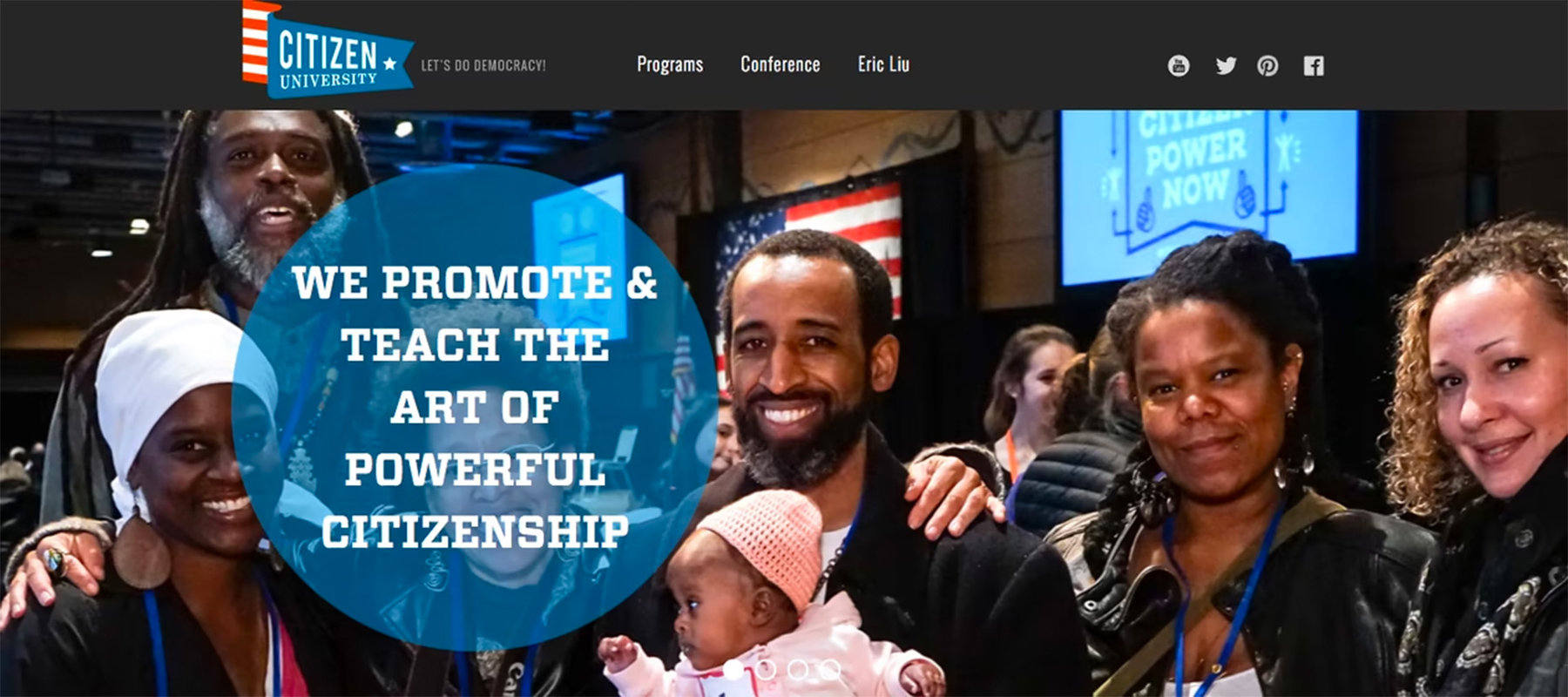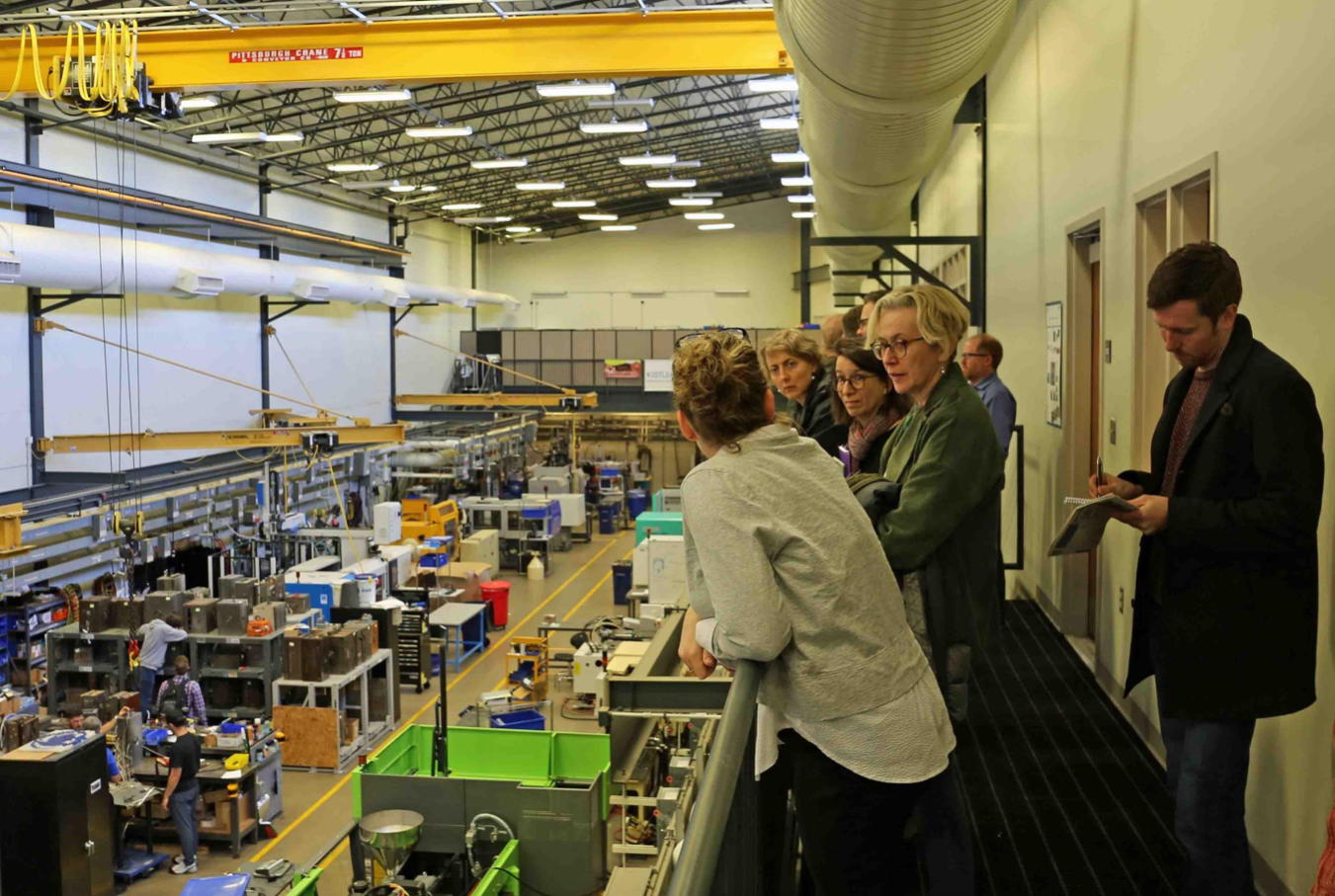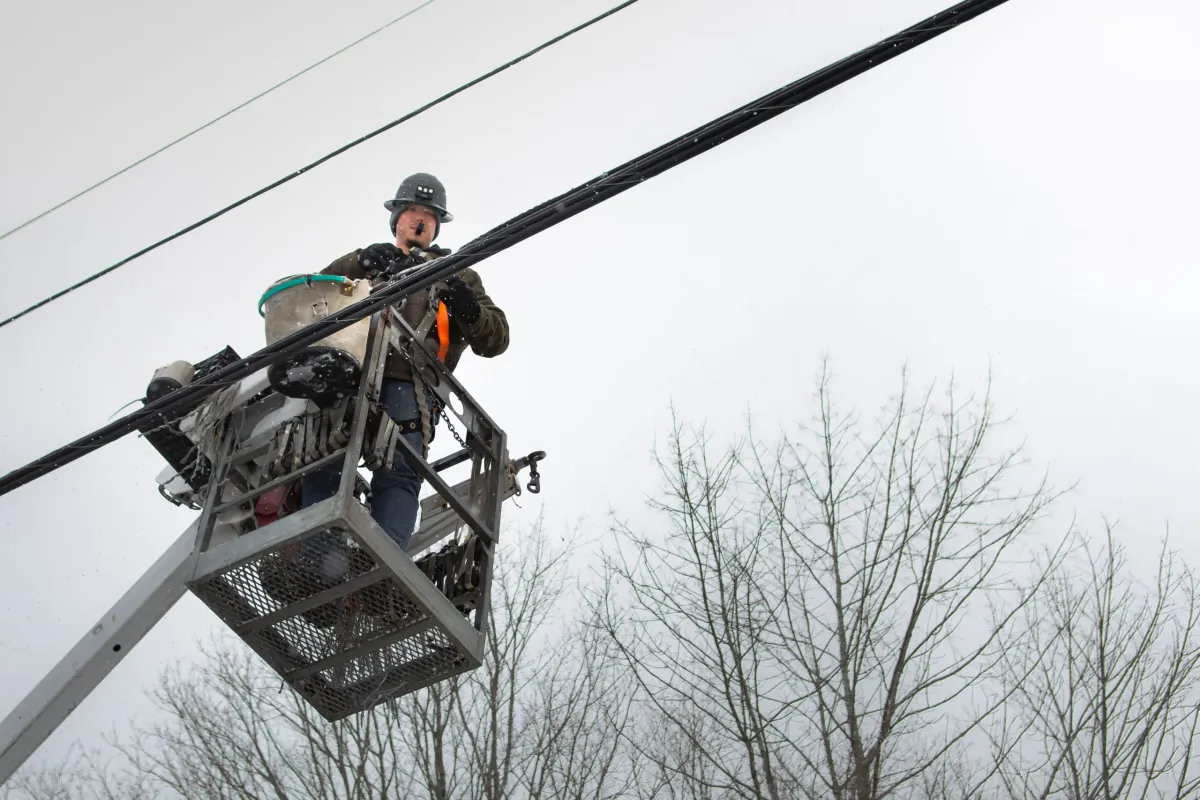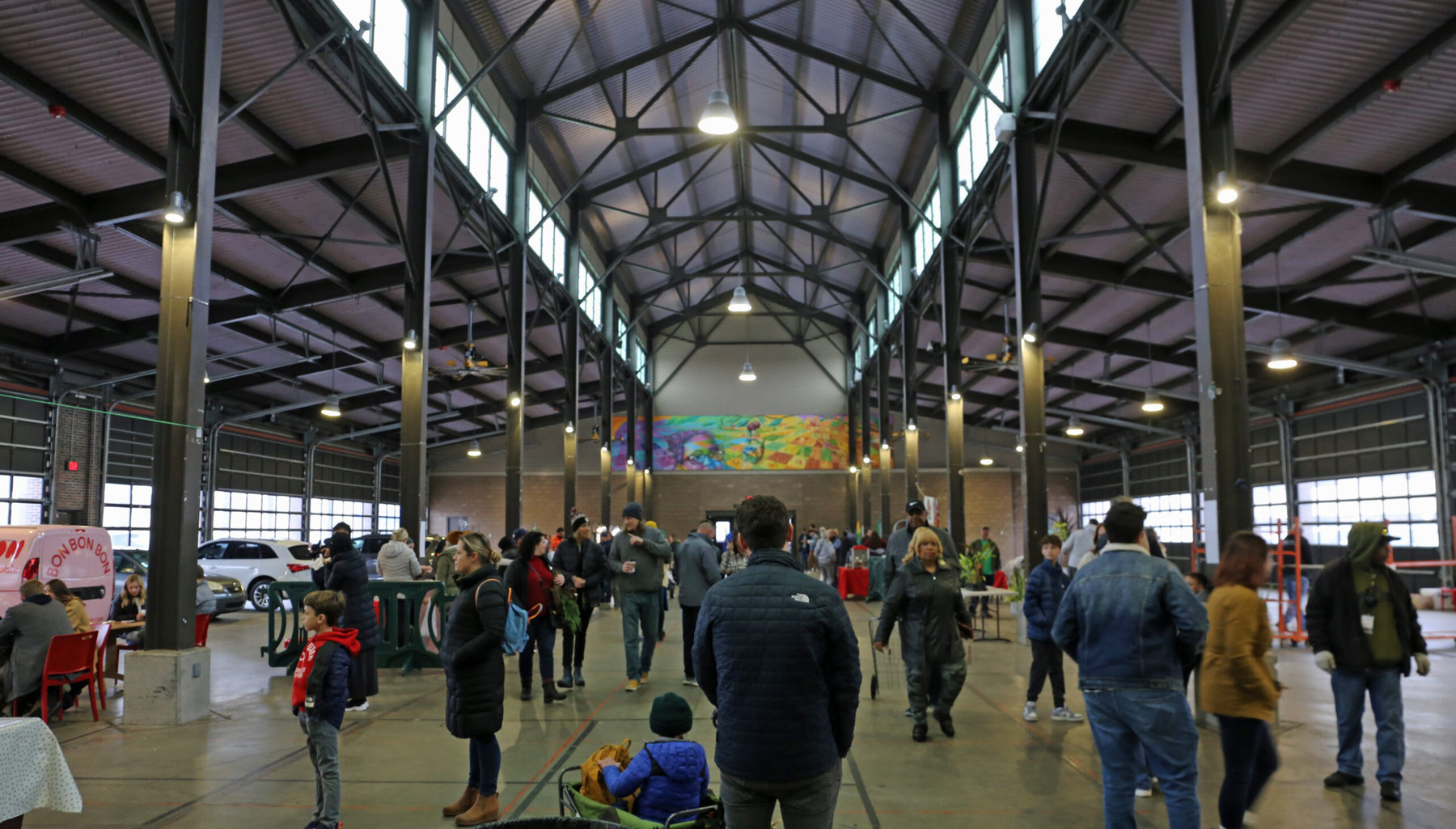Here are some recent developments that are related to the “America Is Putting Itself Back Together” argument in our March issue. They’re also connected to the subject of my post earlier today: that an under-appreciated axis in American politics and culture is between those who think, like the woman at the Trump rally, that “everything in America is terrible” and getting worse, and those who agree with Lt. Gov. Gavin Newsom of California that “the nation is alive from the bottom up.”
You can guess which one rings truer to me.
But let’s hear from others:
Wichita: Robert Litan, who for ten years was a senior official at the Kauffman Foundation of Kansas City, writes that his new home town is finding ways to apply a cooperative approach to its development. Sample:
Shortly after moving back to Wichita about two years ago, I became aware of an ongoing communitywide effort, the Blueprint for Regional Economic Growth, which has brought together business, university and community leaders across eight industry “clusters” in 10 counties in south-central Kansas. BREG’s mission: to find and implement ways of cooperating to enhance innovation, develop workforces, and expand growth opportunities for businesses in this region.
Litan says he assumed this talk of “collaboration” was just so much sloganeering. But …
Over the past 18 months, I have abandoned my initial skepticism of cooperation by committee once I got to know those involved with BREG, especially those on and leading the Entrepreneurship Task Force. What I discovered is that people here seem to be following a famous maxim uttered by President Reagan: “You can accomplish much if you don’t care who gets the credit.”
You hear none of this hope in the declinist tone of the leading presidential candidates in both parties.
This isn’t to dismiss that many people are finding it difficult to navigate their way in our new economy, and government should do more to help them. That’s what our political conversations should be about, mindful that Wichita, and America, are being reinvented.
Knoxville. National Beer Day was yesterday, but it’s always timely to note the role of craft brewers in improving a region’s economy. Ed Marcum of the News Sentinel reports on the development of a Knoxville Ale Trail to link the city’s startup brewers. Sample:
Adam Palmer, president of the brewers association, said the Ale Trail is something Knoxville brewers have been planning for a while.
“When we formed the association, we had a couple of things in mind as far as our vision,” he said. “A big part of it was to educate people and grow awareness of the craft-beer scene in Knoxville.”
Local craft brewers knew an ale trail would have to wait until there were a good number of breweries, Palmer said. That happened rapidly. From a few breweries, the craft-beer scene in Knoxville has burgeoned since early 2015, he said.
Coast-to-coast. Steve Nicholas of the Institute for Sustainable Communities, which operates around the world and has U.S. offices in Vermont and Washington DC, writes about the way he has seen city, state, and regional groups picking up the slack left by a paralyzed national-government. It’s full of examples (and refers to my article), but here are samples:
It was no surprise to read last week that a coalition of more than 50 local governments, along with the National League of Cities and the US Conference of Mayors, filed a legal brief supporting implementation of the EPA Clean Power Plan. The plan, which for the first time would limit carbon pollution from power plants, is just another axle around which our national politics are wrapped…. The message of a very large, very bipartisan group of local leaders is refreshingly clear and straightforward: the Clean Power Plan will improve the current and future wellbeing of our communities, so can we please just get on with it?!
And (with emphasis in the original):
While our Congress dillies and dallies, but does very little, about life-or-death issues – from climate change to gun violence to immigration reform – local leaders are working together to invent new ways of making their communities better. Why is that? Don’t “bipartisan politics” exist at the local level, too? Of course they do – in droves. But they are bounded by leaders’ close proximity to real problems and real people, who hold them accountable for real results. At the community scale, results reign supreme, and ideological squabbling gives way to getting stuff done, rather than the other way around.
Salisbury. For family-ties reasons I’ve always liked this largest city on Maryland’s Eastern Shore, where one of my uncles lived and worked. Now Greg Bassett of the Salisbury Independent News brings the welcome info that Salisbury stacks up well on the Atlantic’s Official 11-point Checklist for civic success. (Including through the renaissance of craft brewing, led by Evolution.) Sample, based on our claim that successful cities have well-known lists of “local patriots.”
Salisbury, it could be said, has a healthy roster of “local patriots.” Building that list is remarkably easy, as we all know who the difference-makers are. And, more importantly, unknown people who make a difference — and do so without the expected fanfare — are being discovered all the time.
(In fact, Salisbury Independent has made it a mission to find these people, tell their stories and highlight their contributions.)
Seattle: Last month my wife Deb and I spoke about what we’d seen across the country, at the convention of Citizen University, which exists to “promote and teach the art of powerful citizenship.” A YouTube version of our presentation, plus introduction by Citizen U’s Eric Liu, is here. An archive of all the videos from the session is here. This conference was fascinating, and I’ll write more about it soon.




